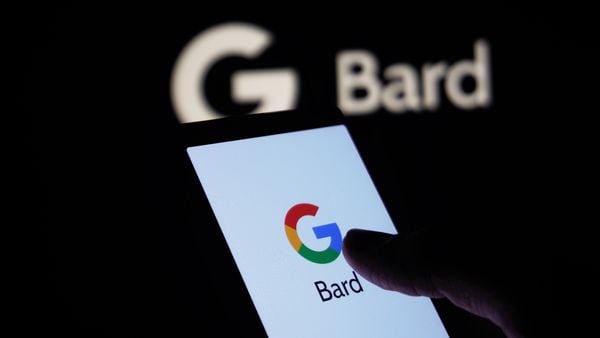Google already knows an awful lot about you, but soon it will probably know even more. The reason? AI, of course.
I really don’t need to explain to you anymore that AI is going to play a big role in our future. Right now, with ChatGPT, for example, we are already creating a customized sports schedule or working out the perfect weekly menu for your diet.
It’s all a snap and saves you a lot of research. Yet all these things have one thing in common: ChatGPT pulls that data from information available on the Internet. But what if AI pulls that information, using a more sophisticated model from Google, from your own data?
Google is working on Project Ellman
American medium CNBC has caught sight of documents of Google’s AI plans. In it, the focus is not just the Internet, but your own information.Project Ellman, as the plan is called, will allow AI to tell you everything about your own life.
According to Medium, Google extracts that information from documents you store through your Google account. It tells the AI when a user was born and who their parents, siblings are.
 (Image: Unsplash/Mojahid Mottakin)
(Image: Unsplash/Mojahid Mottakin)
OK, that’s basic information that might still be easily retrievable by an AI robot. However, the company seems to be able to go even further. It can create a biography of your entire life. That way it also knows what cities you have lived in and where you have studied. Google can even find out about your eating habits with Project Ellman. Think of recipes you save or photos of food you saved in Google Photos.
It will soon even be possible to chat with Project Ellman. So, in addition to the Internet, it also has yourself as a source, which means that advice is always customized.
The danger of AI
It all sounds great, but there is definitely a dark side to it. Do you really want Google, a company and certainly not a charity, to know everything about you? After all, it makes money from your data by using this information as an advertising tool. What if Google soon knows even more than you do and wants to strongly influence your adventure on the Internet?
The only way it could still work is for Google to really be one hundred percent transparent about the information it collects. But then again, who is going to control that? Google is all too happy to dig into your information, but probably doesn’t want other (independent parties) nosing around in its information.
OK, it’s just a project and we’re far from sure if Google will actually release it. The company informed CNBC that Project Ellman is just an early internal exploration. As such, it claims privacy is paramount.
But these reports make us rethink our privacy. To what extent do we want to share information about ourselves to make our own lives easier? And how far can Google go in collecting information?
Proper legislation is needed
The European Union is already addressing these questions. With legislation on AI, it wants to protect fundamental rights, democracy, rule of law and the environment. For example, some far-reaching AI applications, such as the unfocused building of databases of images for facial recognition, are prohibited. Nor are employers and educational institutions allowed to recognize emotions through AI.
Failure to comply with these rules could result in fines that could run into the billions. But does that really scare tech companies? For example, Google has previously been fined billions by the EU for abuse of power.
OK, this was about online advertising sales over the last decade, but it does show that it doesn’t always color within the lines. And by the way, Google really isn’t the only one. Companies like Apple and Meta are also regularly taken to task.
So regulation is fine, but it will have to be really controlled. Only firm action will get tech companies moving.



































